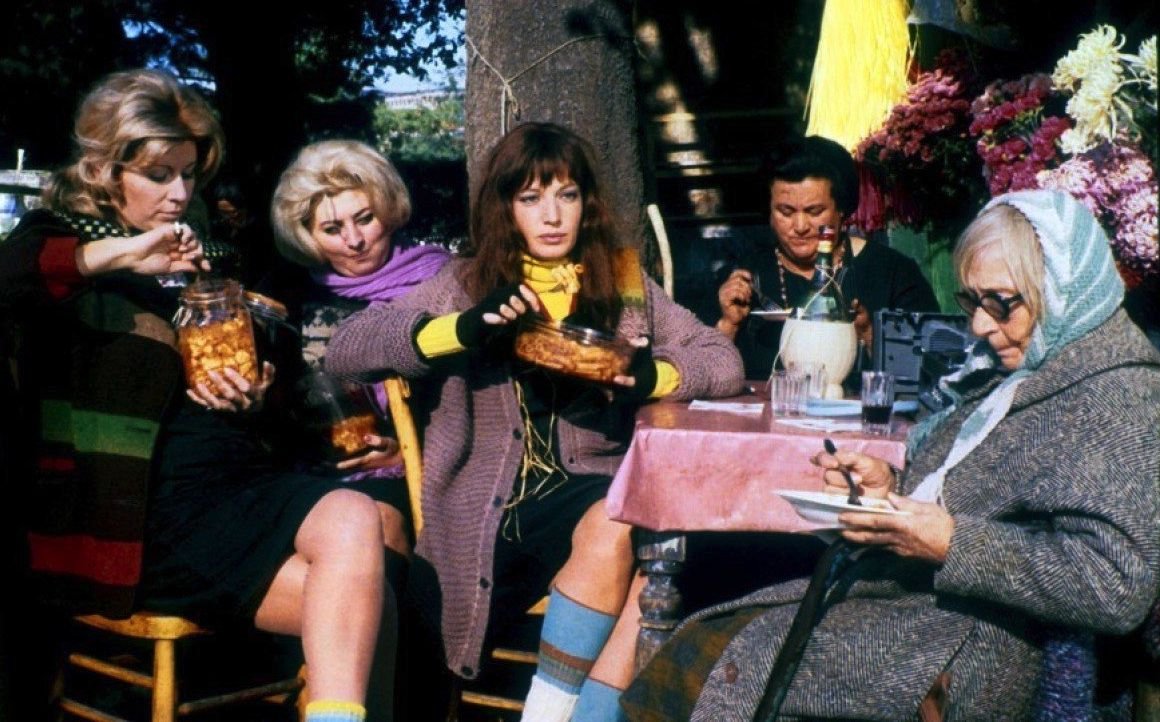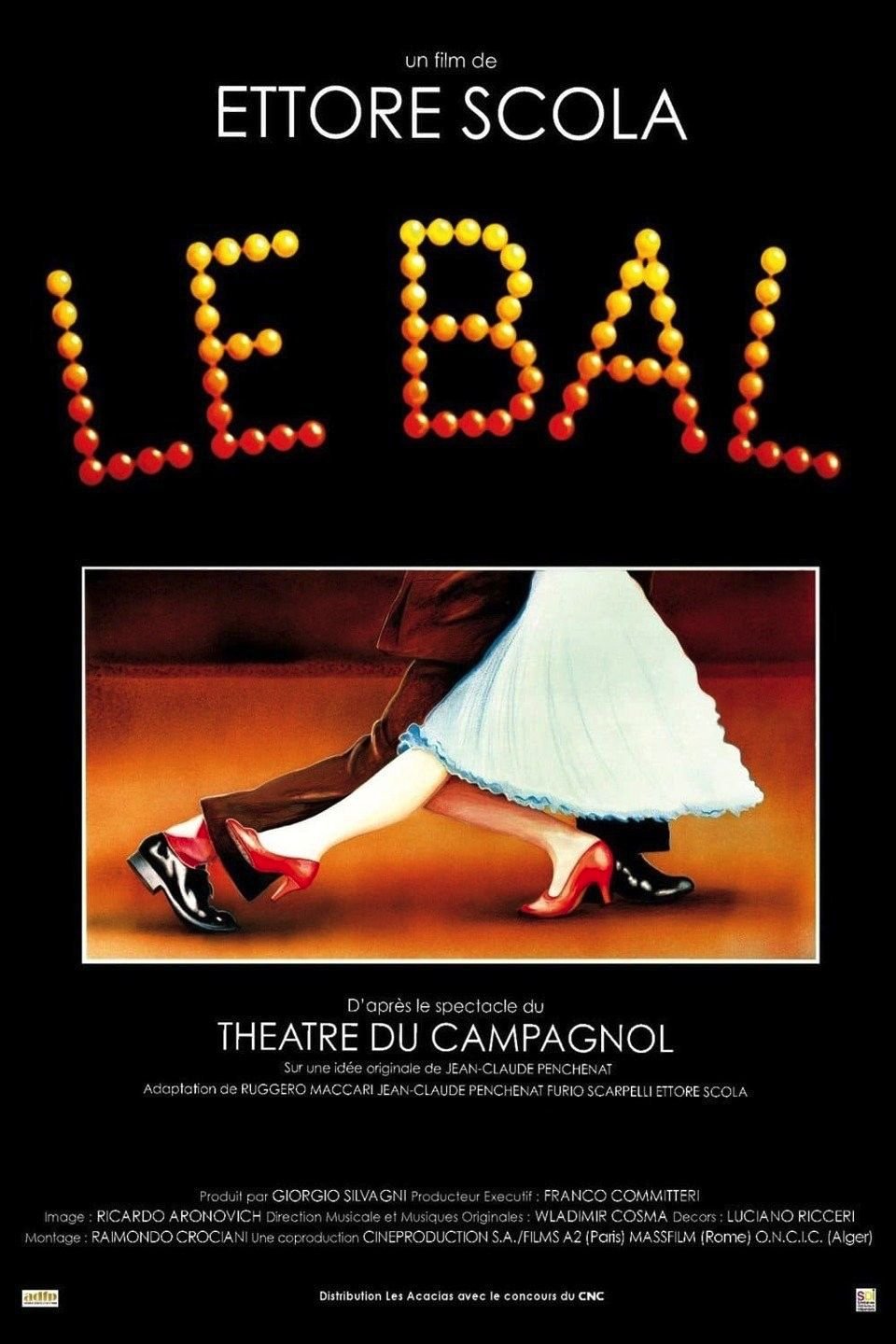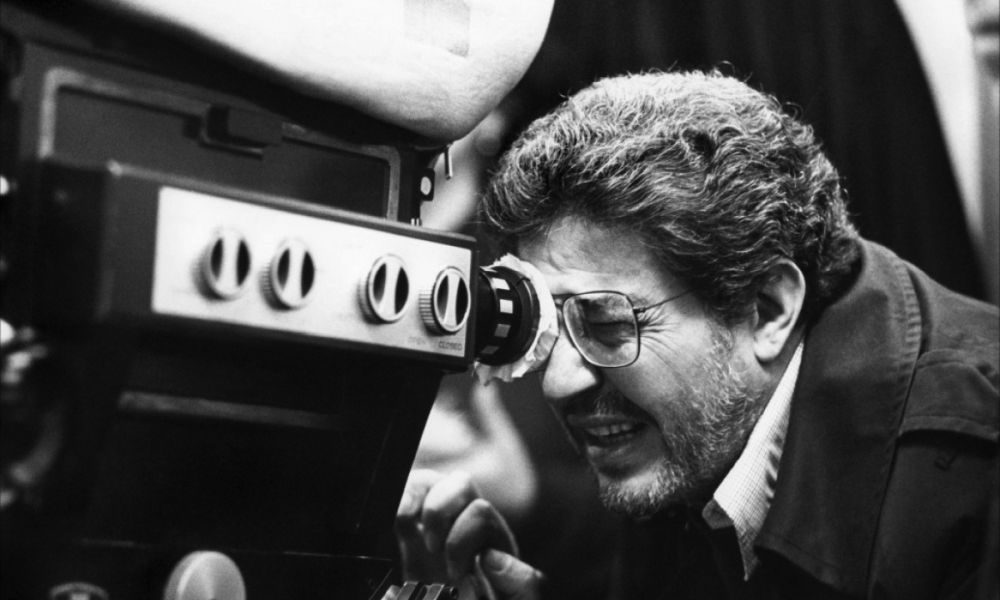"As a director from 1964, he started with traditional Italian-style comedies but increasingly his films took on a serious edge, revealing a maturing social concern and a growing search for a meaningful dramatic context… History, politics, and people, and the effect they have on one another, continue to be a core theme in the films of Scola." - The Film Encyclopedia, 2012
Ettore Scola
Director / Screenwriter
(1931-2016) Born May 10, Trevico, Campania, Italy
(1931-2016) Born May 10, Trevico, Campania, Italy
Key Production Countries: Italy, France
Key Genres: Drama, Comedy, Romance, History, Period Drama, Farce
Key Collaborators: Armando Trovajoli (Composer), Luciano Ricceri (Production Designer), Raimondo Crociani (Editor), Marcello Mastroianni (Leading Actor), Furio Scarpelli (Screenwriter), Ruggero Maccari (Screenwriter), Vittorio Gassman (Leading Actor), Massimo Troisi (Leading Actor), Agenore Incrocci (Screenwriter), Adriano De Micheli (Producer), Franco Committeri (Producer), Mario Cecchi Gori (Producer)
Key Genres: Drama, Comedy, Romance, History, Period Drama, Farce
Key Collaborators: Armando Trovajoli (Composer), Luciano Ricceri (Production Designer), Raimondo Crociani (Editor), Marcello Mastroianni (Leading Actor), Furio Scarpelli (Screenwriter), Ruggero Maccari (Screenwriter), Vittorio Gassman (Leading Actor), Massimo Troisi (Leading Actor), Agenore Incrocci (Screenwriter), Adriano De Micheli (Producer), Franco Committeri (Producer), Mario Cecchi Gori (Producer)
"Revered more in the international film community than in American cineaste circles, chameleon director Ettore Scola’s name is inexcusably absent from several English-language reference works. With Scola, one has to dig deep for the auteurist consistencies that make less elusive artists easier to pigeonhole. While Scola’s fascination with political attitude and social change dictated by purely personal psychology never varies, he skips the light fantastic through such specialties as historical epic (La Nuit de Varennes), the musical (Le Bal), screwball comedy (A Drama of Jealousy), domestic drama (The Family), and grand romance (Passione d’Amore). In each case, the director gives established genres a uniquely invigorating spin." - Lillian Schiff (International Dictionary of Films and Filmmakers, 2000)
"Ettore Scola… was the last in the direct line of great Italian film directors who descended from the neo-realists of the 1940s. “The inequalities and corruption of Italian society have always been a rich source of inspiration for my cinema, which I inherited from the neo-realists,” remarked Scola, who generally used satire and farce to pour scorn on the Italian social-democratic regimes from the 1960s onwards. Many of his “Italian style” films, the majority of which had ambivalent main characters played by Marcello Mastroianni, Vittorio Gassman and Nino Manfredi, take place against a background of historic events." - Ronald Bergan (The Guardian, 2016)

Jealousy, Italian Style (1970)
"A member of the Italian Communist Party who began his career writing for humorous magazines, Ettore Scola has created a richly varied body of work that shows a consistent interest in the impact of historical events on individual lives. His early comedies proved that he could be a perceptive observer of social and sexual absurdities, but his more recent films have sometimes been suffocated by blandly tasteful production values and a lack of narrative pace. Scola started in film as a writer, providing largely comic material for directors such as Dino Risi and Antonio Pietrangeli." - Roger Bardon (The Rough Guide to Film, 2007)
"Ettore Scola is sure of a place at Italian cinema’s top table for his early screenwriting career alone, but it was his work as a director that brought him to international prominence, winning prizes at major film festivals and garnering Oscar nominations for pictures such as A Special Day (Una Giornata Particolare, 1977) and The Family (La Famiglia, 1987). Although he worked in several different genres, he became identified with the commedia all’italiana (Comedy Italian Style), a group of films that took satirical swipes at both contemporary Italian society and historical events (everything from the Middle Ages to the Fascist era and WWII)." - Pasquale Iannone (Sight & Sound, 2016)
"A director and screenwriter, working in the traditions of postwar Italian comedy, who makes films marked by psychological insight and political awareness. A member of the Italian Communist Party, he celebrates the underdog without taking his eyes off the wider social landscape." - Virginia Clark (The Virgin International Encyclopedia of Film, 1992)
"I’m quite lazy. That’s why the job I enjoyed most was screenwriting. It was Vittorio Gassman who persuaded me to become a director, a job for a liar: you have to pretend to know everything…" - Ettore Scola (La Repubblica, 2015)
Selected Filmography
{{row.titlelong}}
Ettore Scola / Fan Club
Juan José Campanella, Ana Luiza Azevedo, Fernando León de Aranoa, Edward Zwick, Jorge Furtado, Philipp Yuryev, Michel Hazanavicius, Asher Levy, Jean-Pierre Frimbois, Audrius Stonys, Peter von Bagh.
Juan José Campanella, Ana Luiza Azevedo, Fernando León de Aranoa, Edward Zwick, Jorge Furtado, Philipp Yuryev, Michel Hazanavicius, Asher Levy, Jean-Pierre Frimbois, Audrius Stonys, Peter von Bagh.
"Fan Club"
These film critics/filmmakers have, on multiple occasions, selected this director’s work within film ballots/lists they have submitted.
These film critics/filmmakers have, on multiple occasions, selected this director’s work within film ballots/lists they have submitted.


